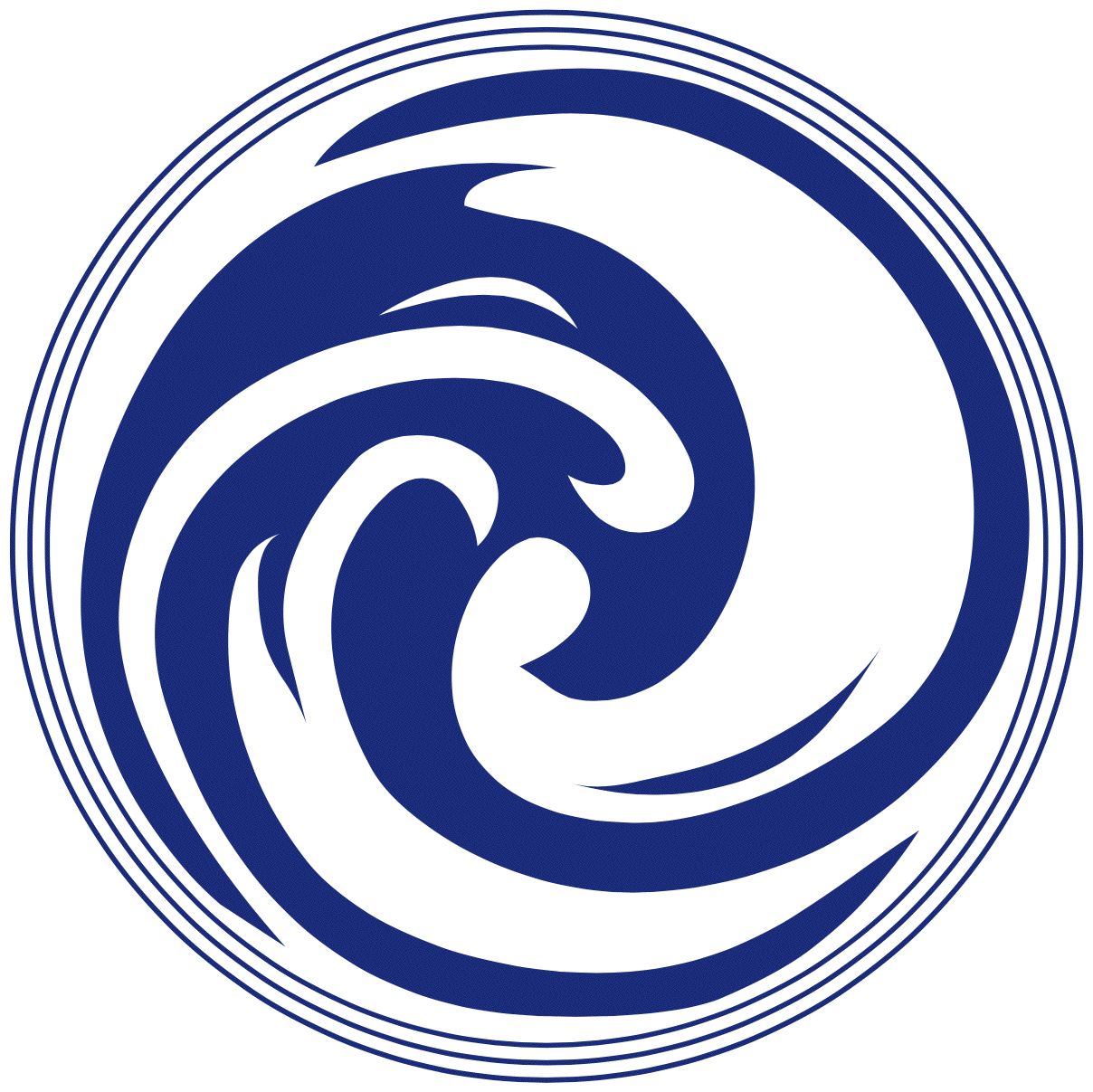Living with Invisible Disability - 1
- medicalcounseling
- Oct 30, 2011
- 2 min read
Isn’t it more interesting to skip around the details of our life stories, to tell the part that seems important right now, without the need for strict chronological order?
Today’s story is about invisible disability, mine, but perhaps it could be similar to
yours.
The short version begins many years ago with a car accident, two months after I got married. We were going to Macy’s to exchange gifts. Another driver turned her car left without stopping or looking, and hit our car in the intersection. I was left with neck and back pain, eventually taking time off work because it kept getting worse, returning to work, and continuing to work, with more or less pain, for many years as a family practice physician. Eventually, over a period of years, the pain in my low back kept worsening, until finally, I couldn’t work as a family physician any more. After a while, I created a transition into a different kind of practice, in which I can use a reclining chair to sit more comfortably, and offer counseling to those who see me, usually people who live with illness, stress, or medical conditions. I feel incredibly fortunate and grateful that I can still use my experience as a family doctor and also my personal experience as a patient.
There are so many of us who have an invisible disability, something that disrupts our lives and causes discomfort or pain, that nobody can tell is there. Sometimes people who are very close to us, family and friends, don’t “get it.” They hear us talk, they know the facts, we tell them the things we can no longer do, but it just doesn’t seem real. Seeing is believing. I have talked with a number of people about how painful that can be, experienced it as well.
We find support from those who see us truly and completely, often our partners who live with us and help us, and from each other.
What qualities does it take to make a good life with a disability, invisible or visible? How do those qualities relate to our search for the hero? Where can we find our inner courage, fortitude, and perseverance, and how can we accept ourselves on the days those qualities seem out of reach? Is a sense of humor heroic?
I’d appreciate your comments…





Comments